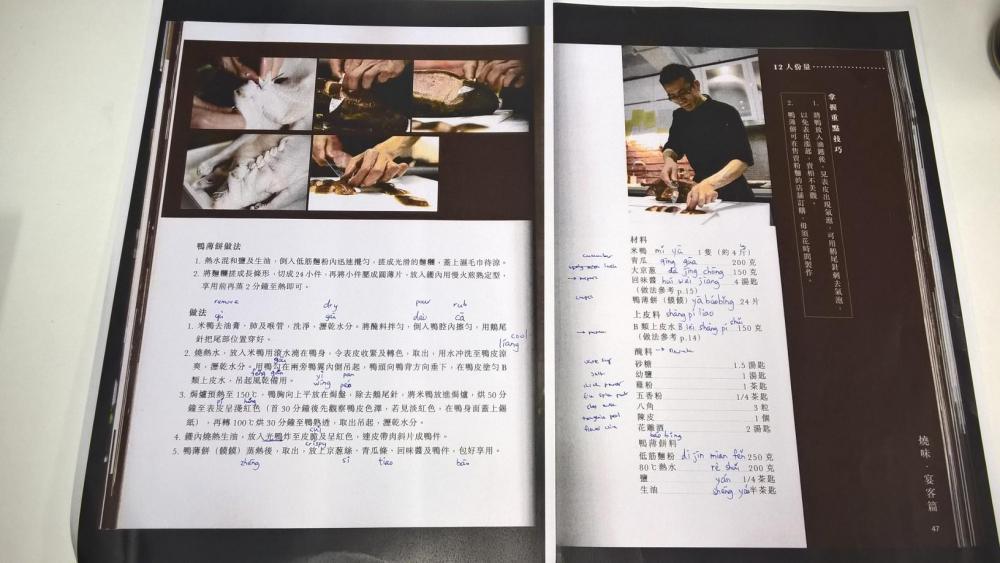8 hours ago, Beebs said:Can you comment on the language? Working in HK, do you conduct most of your business in Cantonese and/or Mandarin? Did you have to take language classes? From your photos, it looks like English is still very prevalent, as far as signage, transportation is concerned. Do you find it fairly easy to navigate through daily life if you are not fluent in Cantonese/Mandarin?
That supermarket - I bet I can spend an entire paycheque there!
Most everything that I encounter is in English. That being said, going out to the more "native" areas of Hong Kong - starting with Kowloon and then up to the New Territories - you will find a lot of shops & establishments that cater for the local clientele only. Those are run in Cantonese. And yes, a significant part of the (older) population speak little English at best. Mandarin does not help you with that particular group of people either, unless you are able to write (traditional characters). Then you can communicate in written statements ... In Central, on Hong Kong island in general as well as the parts of the peninsula that's geared towards shopping and amusement navigating with English only works pretty well.
In my job, English in the lingua franca. I do deal with many different production environment in several countries and doing that in English is the only way. Even with our head office in Germany communication run mostly in English.
During my studies I spend one semester in Taiwan and learned some Mandarin beforehand. I thought to reactivate that knowledge and signed up for Mandarin classes, but had to find out that my ability and willingness to study hard in between classes at home was rather limited. I like to tell people that it's hard because I am a scientist and my brain is just wired the other way around, making it sooo difficult to pick up languages; the truth is I am just lazy (or - put in a more euphemestic context - prioritize other activities in my spare time). Instead of doing the conversational routine as per the textbook, we are now translating recipes and I am getting both some practical value as well as an intrinsic motivation to continue ...






